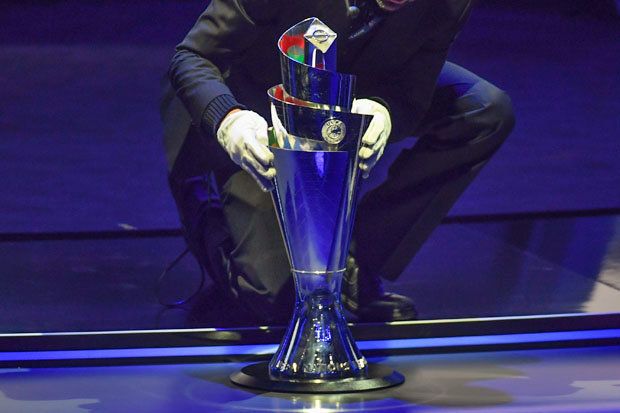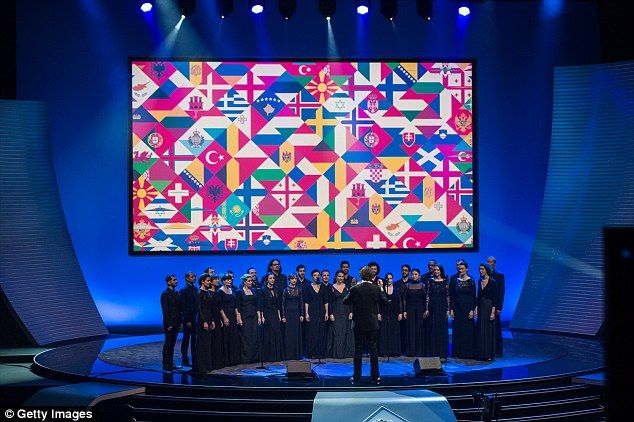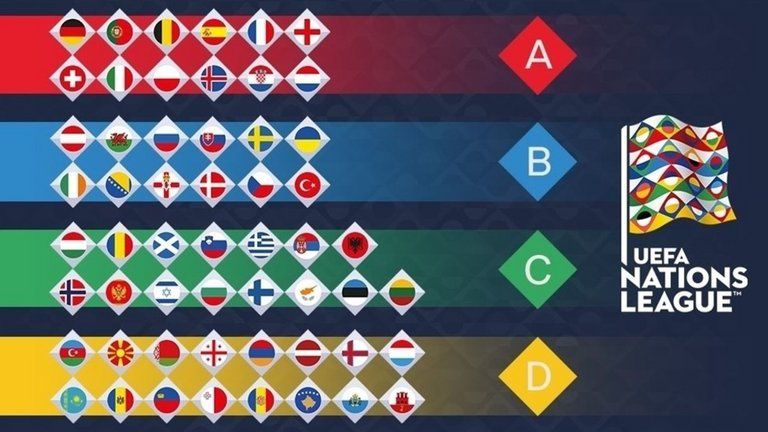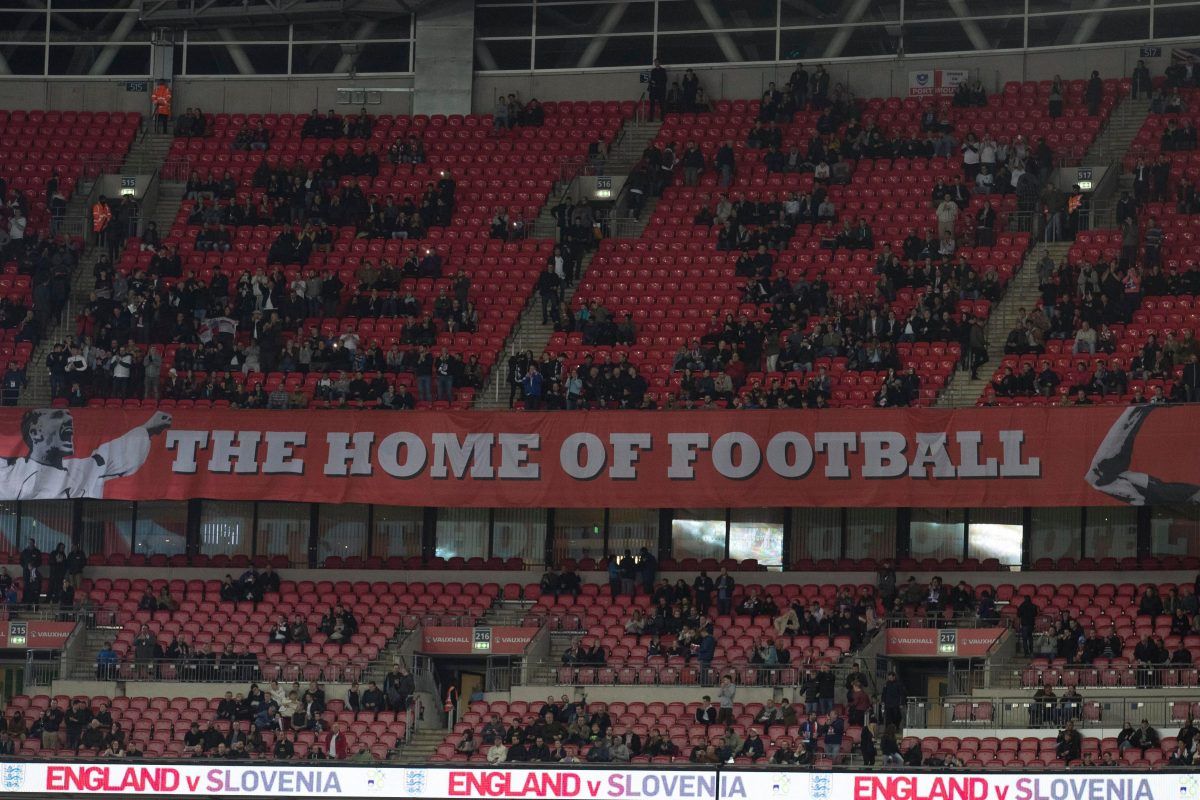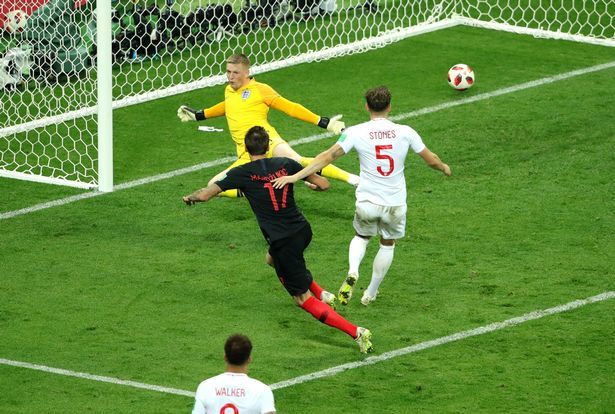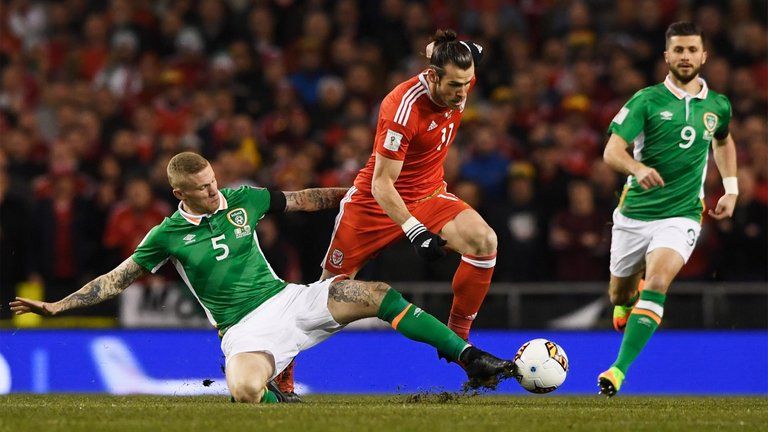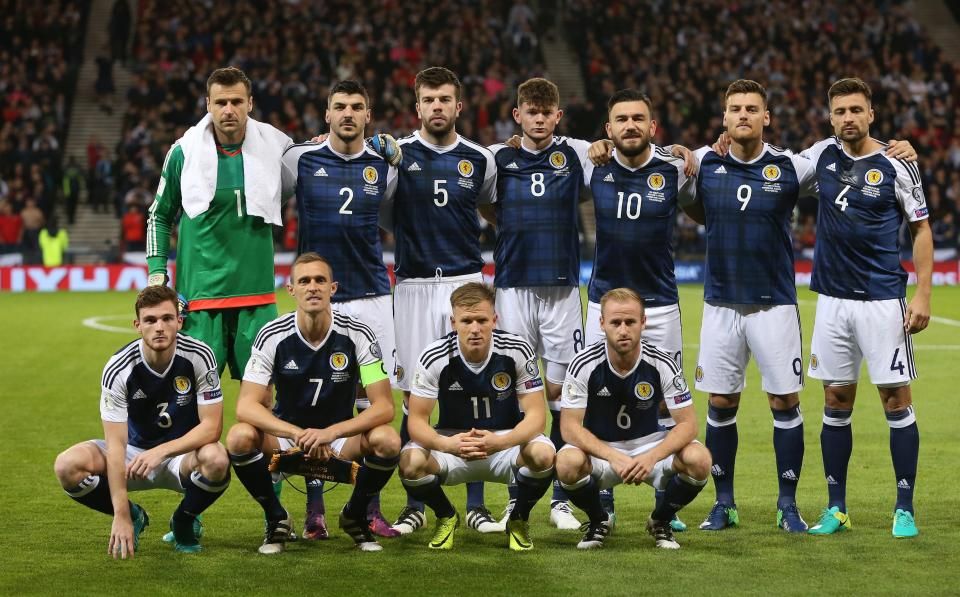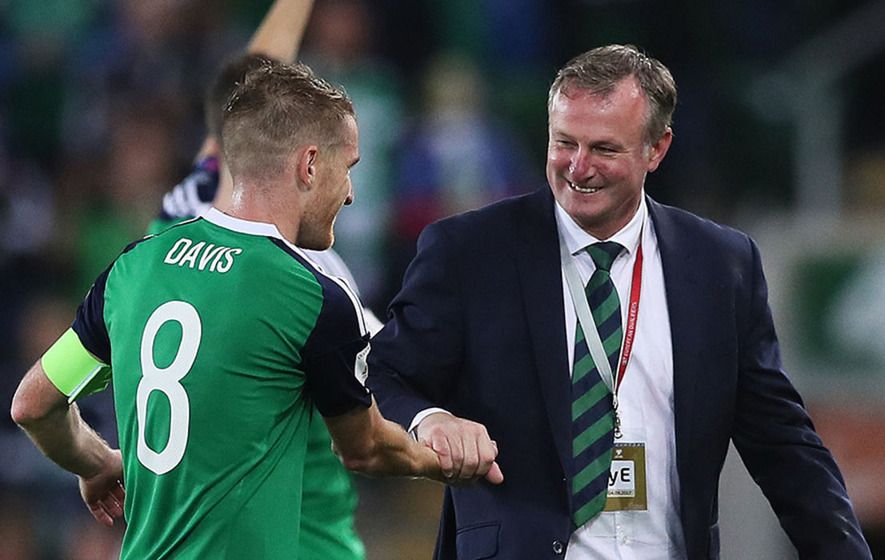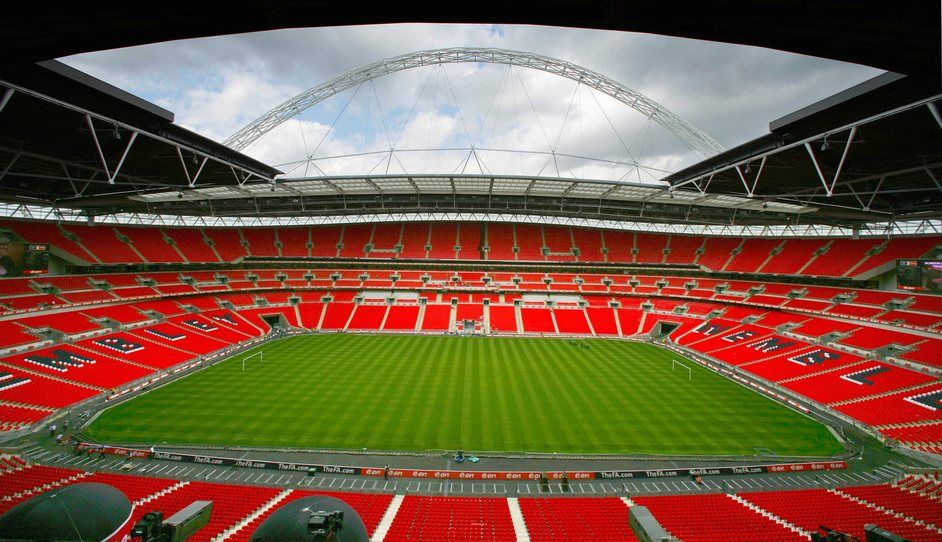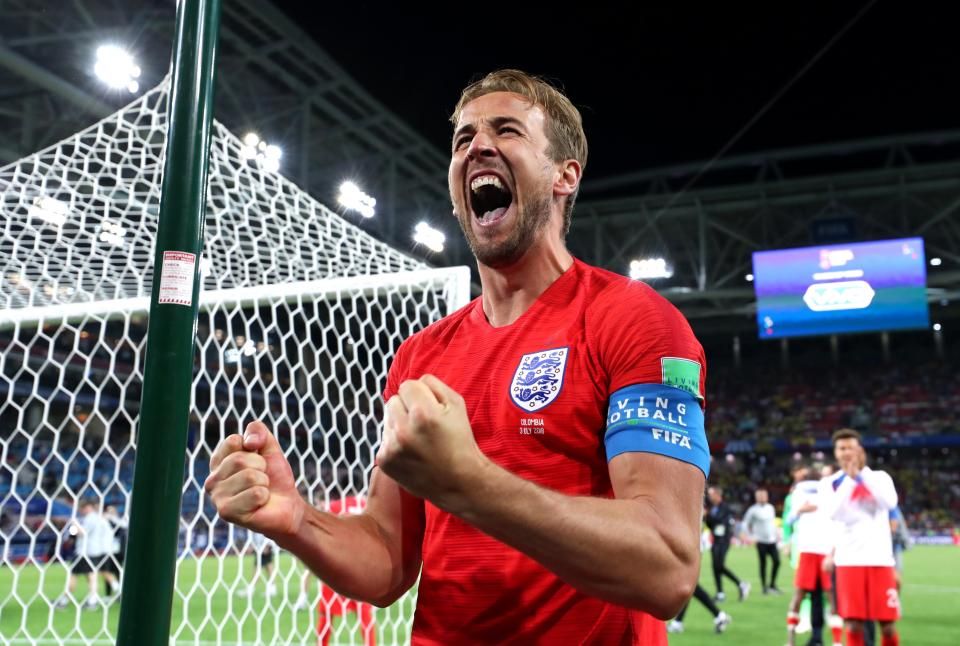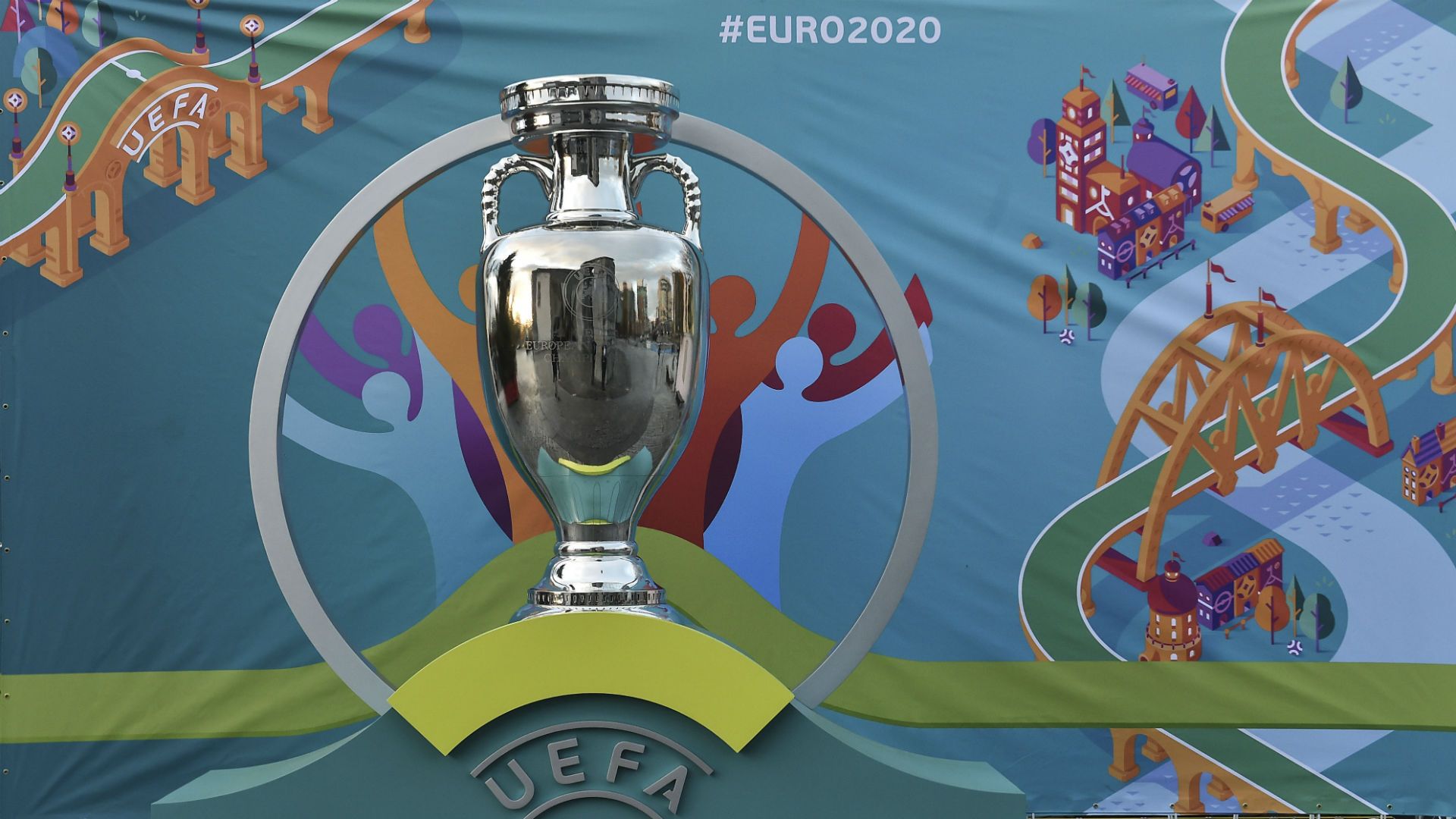The first international break of the 2018/19 season is upon us and for once, we are excited about it!
Yes, we might not be able to watch Sky Sports all weekend or make adjustments to our Fantasy Premier League teams, but we do have the start of the inaugural UEFA Nations League to look forward to.
The brand new competition starts this weekend, with all of Europe's nations battling it out to be crowned the first ever UEFA Nations League champions.
Unfortunately, like everything new in football, this tournament's format needs a lot of explaining and is susceptible to teething problems, but the premise of it is exciting!
Say goodbye to boring friendlies and hello to competitive football as the UEFA Nations League kicks off.
As fore-mentioned, the competition's format is rather complicated, but don't worry, we've done our research and have detailed everything you need to know.
Who Is In It?
All 55 Uefa Nations have been entered into the competition for it's first edition.
So this includes World Cup winners France, Germany, Italy, Spain, Portugal but also teams like Kosovo, Kazakhstan and Georgia.
When?
The group stages of the tournament will be taking place in September-November 2018 and will be played in the scheduled international breaks.
September 6th-11th, October 11th-16th and November 15th-20th.
How Many Leagues?
There are four leagues (A,B,C,D) and four groups in each league. Teams have been placed into leagues because of their official UEFA ranking, meaning the 'better' teams will play each other, rather than having a traditional format.
Winners of the individual groups will progress into their own league's finals, which will take place in June 2019.
Why?
This format will take the place of international friendlies that have received vast criticism for their lack of competition.
With teams up against other nations of similar UEFA ranking, organisers feel that games will be more closer and therefore more entertaining in an attempt boost attendance figures.
England's Opponents
England have been put into League A thanks to their 6th placed UEFA ranking and were drawn into Group 4, in the official draw in January 2018.
Gareth Southgate's men were drawn alongside Spain and Croatia in Group 4 and will play both teams home and away.
The Three Lions kick-off their campaign at Wembley against Spain on September 8th, before looking for revenge against Croatia on October 12th.
Republic Of Ireland And Wales Opponents
The Republic of Ireland have been put into League B for the first season of the Nations League and are in Group 4.
They have been drawn with another home nation Wales and Denmark, a brilliant local draw for a number of Premier League players and their respective clubs.
Scotland's Opponents
Due to their poor performances in recent qualification campaigns, Scotland's co-efficient sees them placed in League C, Group 1.
They will be hoping to have a good campaign and gain promotion to League B, and with Albania and Israel also in Group 1, they have a great opportunity to progress.
Northern Ireland's Opponents
Like Wales and the Republic of Ireland, Michael O'Neill's men have been placed in League B and were drawn in Group 3 alongside Bosnia and Herzegovina and Austria.
A difficult group for the Irish.
Finals Venue
Incredibly because of the format of this tournament, the finals venue won't be decided until December 2018, once all the group games have been played.
One of the four group winners from League A will host the finals that will take place between 5- 9 June 2019.
Could it be Wembley?
Prize Money
Every team participating in the Nations League will receive €1.5 million, the four group winners will receive an additional €1.5 million for qualifying for the Nations League Finals.
Once those teams have reached the finals they prize money will be as follows;
Winners- €4.5m, Runners-up- €3.5m, Third place- €2.5m, Fourth place- €1.5m.
Trophy
The trophy for the tournament was unveiled in January 2018 at the official draw in Switzerland.
The trophy weighs in at 7.5 kg and is 71 cm tall and represents all 55 nations in the tournament.
Four Places At Euro 2020 Up For Grabs
Qualifying for 2020's edition of the European Championships will commence in March 2019 and will see 10 groups of five or six teams battle it out for the top two spots.
This means that only 20 of the 24 teams at Euro 2020 will qualify via the Qualifiers. The other four teams will be made up of League A-D winners.
In March 2020, just months before the start of the tournament, the four group winners from each league will battle it out for the four last spaces. Exciting stuff!

